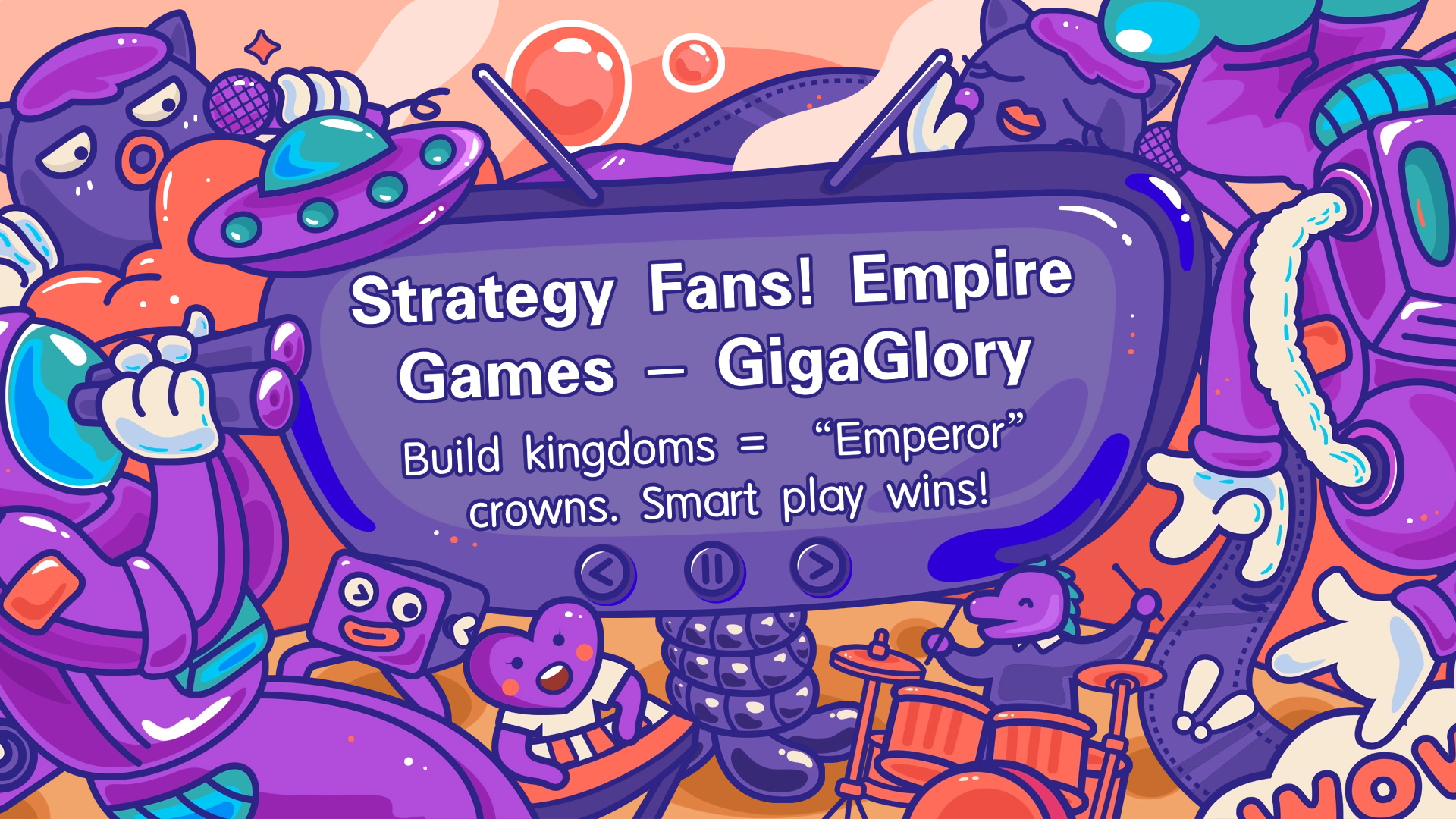From Strategy to Success: Exploring the Rise of Business Simulation Games in Building Virtual Empires
So, you've probably seen your friends glued to their phones, battling in business simulation games and constructing elaborate digital empires. From simple building games to complex RPGs, there’s a lot going on in this exciting genre that keeps folks coming back for more. Let’s dive into the world of these games, and explore how they are reshaping our approach to strategy and success in the virtual realm.
The Allure of Business Simulation Games
What makes business simulation games so appealing? Is it the thrill of competition? The satisfaction of building something from scratch? Or maybe it’s the chance to flex your strategic muscles? Whatever it is, it’s clear that these games hold a captivating power over millions of players worldwide.
Understanding Building Games
At their core, building games allow players to construct and manage virtual spaces. This might mean erecting towering skyscrapers, cultivating vast farmlands, or even running entire cities. The blend of creativity and strategy sets these games apart, making them not just fun, but also an intriguing exploration of resource management skills.
Why Are Business Simulation Games on the Rise?
There's been a significant rise in the popularity of these games lately. Why? Here are a few factors:
- Accessibility: Many games are free or low cost, drawing in players from all backgrounds.
- Social Interaction: Many games, like Clash of Clans, emphasize teamwork and collaboration, providing a sense of community.
- Strategic Depth: Players love the challenge that comes with mastering complex systems and making strategic decisions.
The Role of Social Interaction in Gameplay
In games like Clash of Clans, players participate in clan wars, trade resources, and build alliances. This social aspect enhances the gaming experience, making it feel less like a solitary endeavor. The thrill of conquering an enemy clan with friends is unparalleled, adding depth to the gameplay.
Elements of Successful Business Simulation Games
So, what elements make a business simulation game truly successful? Here’s a breakdown:
| Element | Description |
|---|---|
| Game Mechanics | Robust and engaging systems that keep players coming back. |
| User Interface | A clean and intuitive design enhances the player experience. |
| Community Engagement | Encouraging social interactions that keep players invested. |
| Progression and Rewards | Incentives that motivate players to continue investing time and effort. |
The Appeal of RPG Elements
Incorporating RPG elements into building games has been a game-changer. Levels, character progressions, and unique quests add layers of depth, drawing in players who thrive on character development and immersive storytelling. Games released in 2018 showcased these features, leading to a spike in engagement and popularity.
Embracing the Challenge: Strategy is Key
One of the biggest draws of business simulation games is the need for strategy. Players must think critically about resource allocation, expansion tactics, and competition. That “aha” moment when you finally execute a successful strategy is what keeps players hooked!
Exploring Future Trends
As technology advances, so do the expectations of players. The future of business simulation games may include:
- Augmented reality experiences
- Enhanced AI companions
- More intricate storylines and quests
What Can Gamers Learn from Business Simulation Games?
Beyond entertainment, these games offer valuable lessons:
- Resource Management: Players learn how to manage limited resources effectively.
- Strategic Planning: Facing opponents encourages strategic planning and adaptability.
- Community Collaboration: Working with others enhances teamwork skills.
Case Study: Clash of Clans
Let’s take a closer look at Clash of Clans as a prime example of a successful business simulation game. With millions of active users, it highlights the blend of strategy, social interaction, and building mechanics:
Key Features of Clash of Clans
- Clan System: Join forces with friends and other players.
- Base Building: Customizable and strategic base design.
- Your Own Clan Wars: Engage in intense battles for supremacy.
Conclusion
Business simulation games are more than just a pastime; they offer a complex tapestry of strategy, building, and social interaction that resonates with players worldwide. Whether you're battling in Clash of Clans or creating your virtual empire in a different realm, the lessons and experiences gained from these games are invaluable. The future looks bright for this genre, with endless possibilities and continued innovation, inviting players young and old to step into their dream world of virtual strategy and success.



